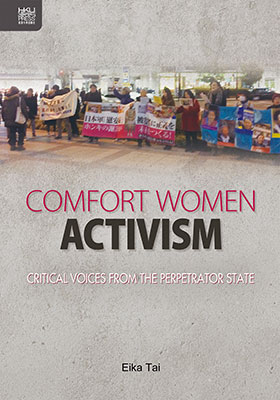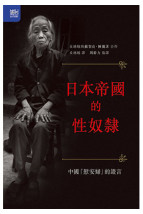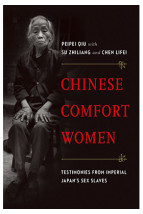Comfort Women Activism
Critical Voices from the Perpetrator State
(「慰安婦」人權運動:日本批判性敘述)
ISBN : 978-988-8528-45-5
August 2020
208 pages, 7″ x 10″, 8 b&w illus.
- HK$480.00
Ebooks
Comfort Women Activism follows the movement championed by pioneer activists in Japan to demonstrate how their activism has kept a critical interpretation of the atrocities against women committed before and during World War II alive. The book shows how the challenges faced by the activists have evolved from the beginning of their uphill battles all the way to contemporary times. They were able to change social attitudes and get their message across. Yet the ambiguous position of post–World War II Japan’s government—which has consistently rejected any sign of guilt over its imperialist past—has kept the activists on their toes. Pivotal and serendipitous turning points have also played a crucial role. In particular, in the early 1990s, the post-Soviet world order assisted in creating the appropriate conditions for the movement to gather transnational support. These conditions have eroded over time; yet due to the activists’ fidelity to survivors, the movement has persisted to this day.
Tai uses the activists’ narratives to show the multifaceted aspects of the movement. By measuring these narratives against scholarly debates, she argues that comfort women activism in Japan could be called a new form of feminism.
“A manuscript of this depth covering such a range of material about the comfort women movement has not previously been available in English. I am deeply impressed by the author’s scholarly commitment and humanitarian compassion. The accounts provided in the book are particularly moving, putting a human face on the transnational comfort women movement that has had a global impact.” —Peipei Qiu, Vassar College
“Eika Tai urges a postcolonial understanding of how activists in Japan came to embrace the issue of ‘comfort women,’ make it their own, and engage on a transnational, multigenerational effort. Her book is an absolutely clear rejection of those who portray this historical topic as activism meant to ‘hate Japan.’ Instead, she claims that this issue is at the heart of a divided Japan.” —Alexis Dudden, University of Connecticut





